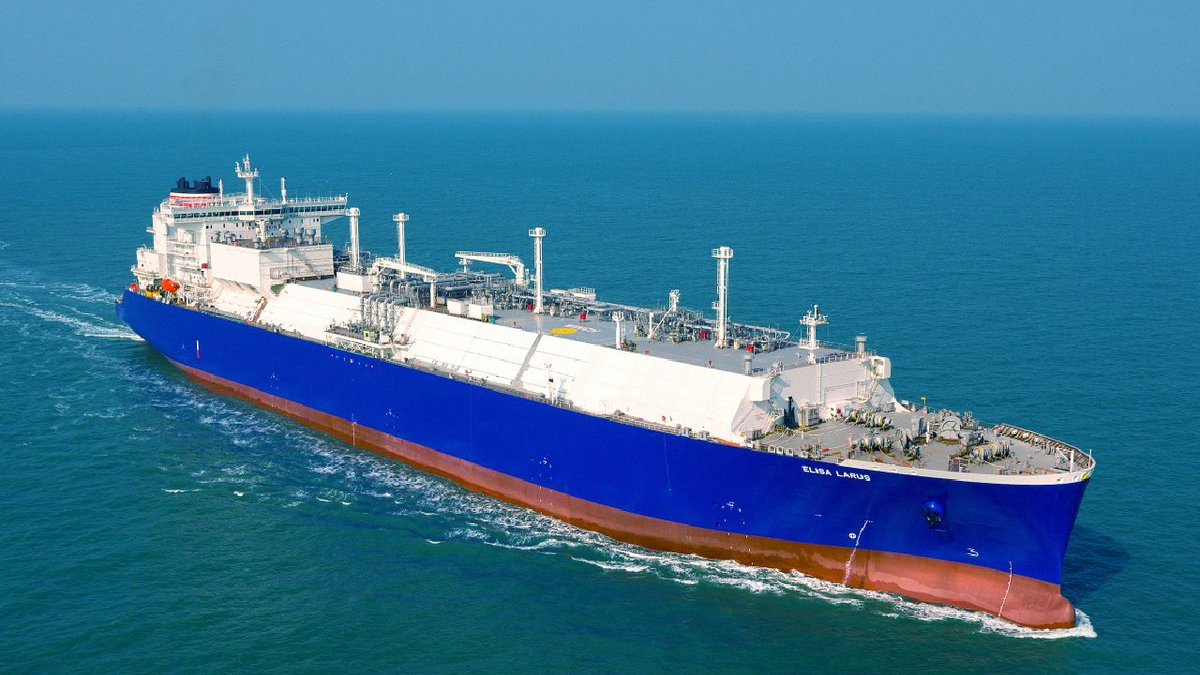Maritime Cyber Security experts, Epsco Ra are proud to announce RaEDR (RA Endpoint Detection and Remediation) a comprehensive cybersecurity monitoring and defense solution.
Inspired by the necessity for remote working brought about by the COVID 19 pandemic and the resulting huge worldwide increase in cyber-attacks, Epsco Ra have developed a new next-generation solution in the form of a cloud-hosted application which functions as an agent on each computer in a network (or on a UTM when possible).
Epsco Ra’s solution is easily installed on any vessel or office network, without any requirement for hardware and with no disruption to existing network or system installations.

The agents provide in-depth visibility of the system’s security posture, offering security monitoring, intrusion & threat detection, file integrity monitoring, vulnerability assessment, and incident response.
The system includes Compliance alignment with controls allowing full configuration with Governance frameworks inclusive of but not limited to NIST and GDPR.
This is all managed via an extensive user-customizable dashboard with reporting and alerting tools.
RaEDR gives our clients peace of mind in the knowledge that they have their own professional cybersecurity team without the cost of employing an in-house team.
Epsco Ra’s RaEDR service offers our clients 3rd party assurance from as little as US$25.00 per month per vessel.
Source: maritimecyprus



